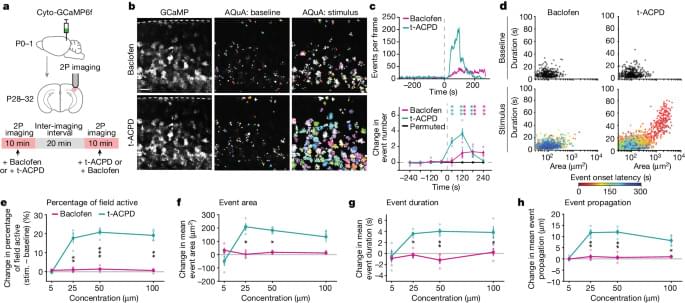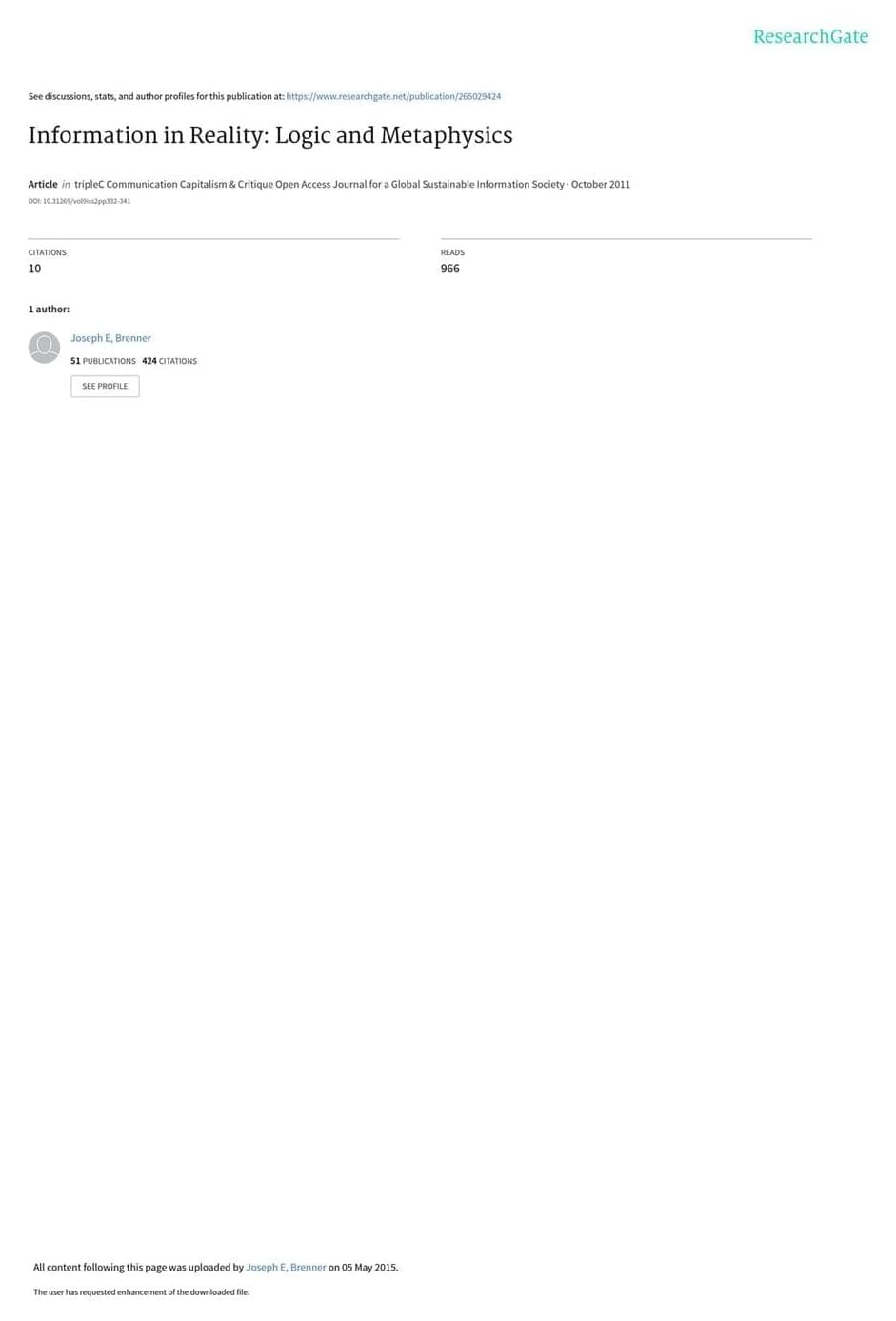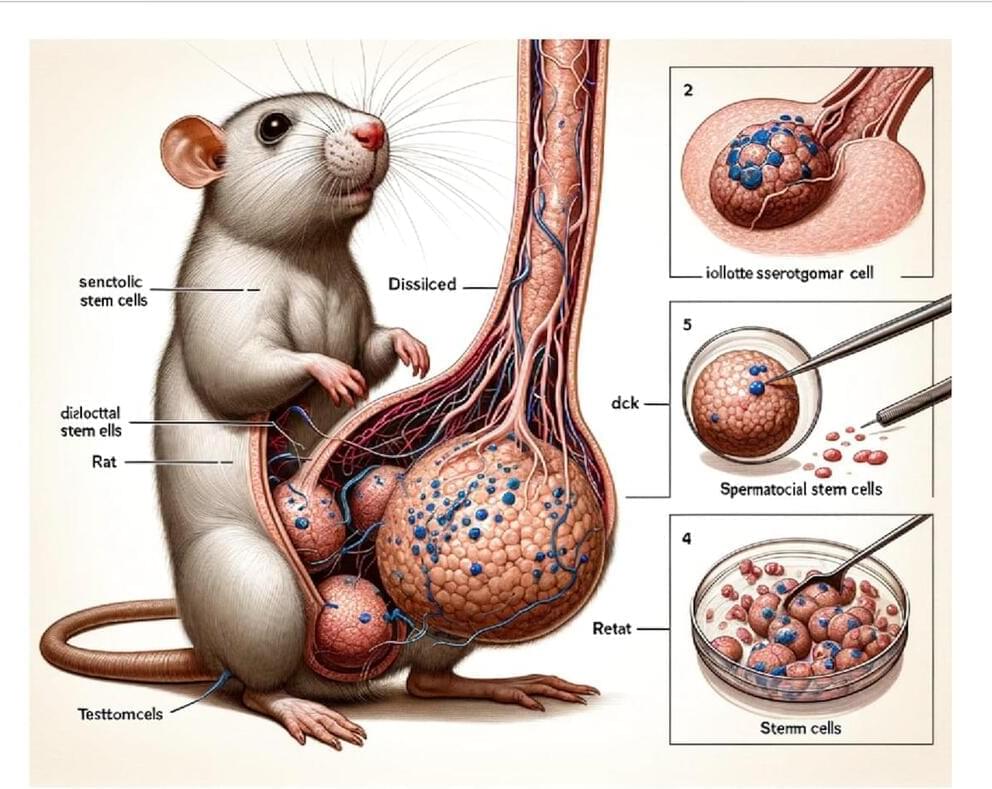The world’s first artificial energy island is being built off the coast of Belgium and will serve as future interconnector between countries as well.
Category: futurism – Page 340

Study identifies driver of liver cancer that could be target for treatment
In a new study, a Yale Pathology team has identified a possible therapeutic target for treating obesity-induced liver cancer.
Researchers say inhibiting a molecule called fatty acid binding protein 5 (FABP5) could block tumor progression in many cases:
Inhibiting a certain protein in mice reduced obesity-induced liver tumor development, Yale researchers found. It could reveal a future treatment route.
Book Review “THE ART OF BEING POSTHUMAN” — Introduction by Dr. Francesca Ferrando
This is the introduction of the Book Review of The Art of Being Posthuman (Polity 2024) by Dr. Francesca Ferrando. Info: The Art of Being Posthuman — Polity w…
Has The Future Already Happened?
In our latest video, “Has The Future Already Happened? Is the Universe Predetermined?” we embark on a cosmic journey that challenges the very fabric of our u…
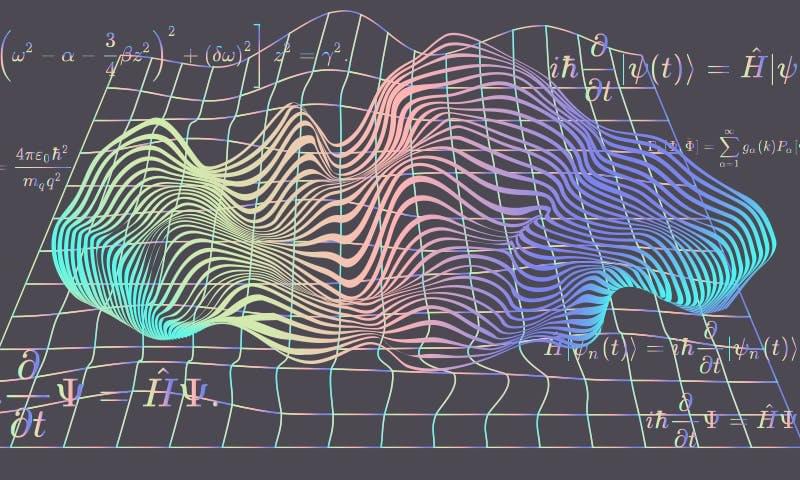
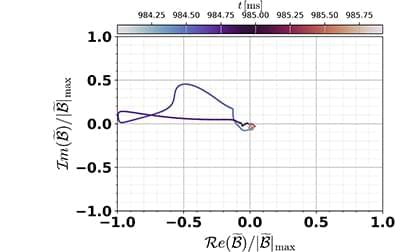
Time-resolved biphase signatures of quadratic nonlinearity observed in coupled Alfvén eigenmodes on the DIII-D tokamak
In this study, we leverage wavelet-based bispectral analysis of magnetic fluctuation data to identify likely candidates for nonlinear three-wave coupling, which are subsequently investigated with bandpass filtering. The participating waves, two TAEs and a low-frequency magnetohydrodynamic (MHD) mode, are seen to satisfy coupling conditions in both frequency and toroidal wavenumber, consistent with nonlinear generation. We conclude that the detection of quadratic nonlinearities on sub-millisecond time scales is possible with this technique.
The paper is organized as follows: Sec. II provides an overview of the relevant theory of TAE, while Sec. III contextualizes the experiment and describes its data. Section IV provides a primer on bicoherence analysis, in addition to simple examples of its implementation. Section V applies time-resolved bispectral analysis to the experimental data, focusing on the detection of quadratic nonlinearities. Section VI summarizes our work and considers the next steps of the analysis.
